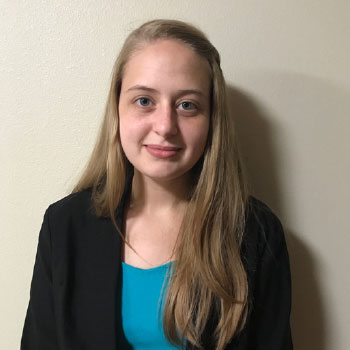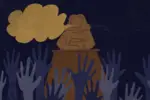Advanced academic writing classes aren’t the introductory composition required of students, and they are much different from the get-to-know-academic-writing classes that familiarize them with major writing styles such as APA, MLA or Chicago Turabian. It is the one that prepares you for writing in the real world.
Does your job requirement include an in-person writing examination in which you have to write an essay in under an hour? Well if it does, this class is for you. An advance writing class will take much time and effort to complete, and usually involve a long, gruesome experience dreaded even by upperclassmen, but its advantages balance out the disadvantages.
It prepares students for “real-world” jobs.
Depending on the job a student applies for, they may be required to compose an essay in one hour or less in front of a board of interviewers. Such a task may seem a little daunting, but it is a perfectly plausible scenario if the potential employers want to know how good of a writer they would be hiring.
For jobs that involve writing extensive reports or proposals on a regular basis, most employers do not want to hire someone whose writing struggles with explaining ideas in a natural flow. They want employees who can write coherently under pressure.
Students may get bored or frustrated.
Beware of getting bored with the topics of your assignments in an advanced writing class, which can be as simple and mundane as writing a biography about yourself. Students would have to go through and figure out what is the most important information about themselves and how they can structure it to tell a story. Going over one’s life events and writing it down into words may not be the most exciting task in the world since they’ve probably gone over the same important information for a million times when discovering who they are. So, it’s no surprise that students easily get bored or even frustrated with such topics. If the student has a humorous side, there might be a way to weave that humor into the piece, but that’s not something everyone can do. Frustration and boredom remains one of the key reasons for procrastination and quitting in advanced writing assignments.
To get around this obstacle, students can take a small break when they feel the frustration or boredom kicking in. Students can also create lists and outlines before beginning the writing process so that they know where they’re going.
It takes up a lot of time.
By the virtue of its name, an advanced writing course is usually writing-intensive, so students will spend most of their homework time planning, writing and revising their pieces. Indeed, as most pieces will require ample revision to meet the class’ high standards, students will find that retouching their writing occupies the majority of their time.
Most professors are going to focus on grammatical errors, the flow of the piece and structure of sentences and paragraphs, each of which is critical when writing an essay, a report or a proposal. In class and at work, students want to make sure that their sentences and paragraphs connect well with one another, an idea that many professors will describe as playing tag with your writing. The concept, which proposes that consecutive sentences “tag” each other by sharing similar ideas but using different constructions, commonly applies to writers creating dialogue, but the analogy also holds when penning sentences and paragraphs in general. In fact, whether they realize it or not, most professors are looking to see if your writing plays tag.
You get real feedback to help change up your writing.
Depending on the class size, you may be provided with the opportunity to workshop other students’ writing. As a Writing major who goes to a small private college, I can say that most of the writing courses at my college provide such opportunities in which aspiring writers get to read over each other’s work and give constructive feedback. By participating in these round tables, young authors get to know how other students write and what other writing styles look like.
Students may even pick up quicker on grammatical errors if they have had issues in the past with identifying such mistakes. Students will receive feedback from others on any errors they missed during their revision stage, what they could have done better, what was missing from the piece and what each student found interesting. When it comes to writing, regardless of the genre, fiction, nonfiction, poetry or academic, receiving feedback from fellow students can be the most helpful.
It can get confusing.
Questions students might find themselves asking depending on what their professor has assigned for the class. Advanced academic writing courses can be confusing at times. Students never know what to write, how to take all the notes they took and condense it so it’s summed up in x number of pages or how to write a piece on a topic that they really have nothing to say about. This concept of confusion can go right back to working in the “real world.”
Students are not always going to know what their boss wants them to write. If their boss asks them to take notes during a meeting, they aren’t going to be sure what to take notes on and what not to, so odds are they are going to either end up taking notes on everything or nothing. If they are asked to write a proposal on a new policy for the office, students may be confused on where to begin or what to cover in the proposal. When it comes to this confusion, an important thing to note is there is always a way through it and sometimes planning a piece out and asking extensive questions is the best way to go.

















